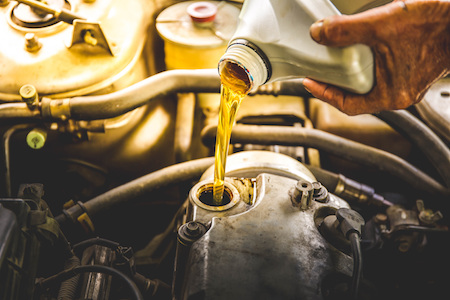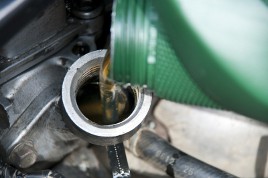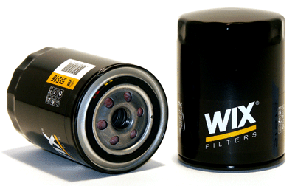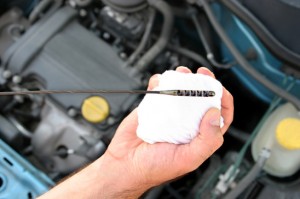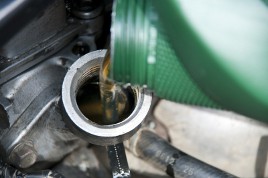 As engine technology advances, recommended oil change intervals have gotten longer. High quality oil in a well-engineered engine has led to extended intervals.
As engine technology advances, recommended oil change intervals have gotten longer. High quality oil in a well-engineered engine has led to extended intervals.
Here’s the problem: With longer oil change intervals, it’s extremely important to follow them closely. Back in the day of 3 months or 3,000 miles, if you went an extra month or an extra thousand miles, your oil was still fresh enough that it didn’t have time to build up much sludge.
But if your recommended interval is 6,500 miles and you go over another thousand, you’re getting into heavy sludge territory. This can cause big problems.
You absolutely need to follow mileage intervals on changing your oil very closely. And don’t forget your severe service schedule. If you do a lot of stop and go driving, short trips, drive in dusty or polluted conditions, hot or cold weather, or haul heavy loads, you’re driving in severe service conditions. Is your driving closer to the regular schedule or the severe service schedule? It’s your call as the driver to decide when to change your oil to protect your engine.
If your car came from the factory with synthetic oil, the recommended oil change interval is for synthetic oil. If you use conventional oil, you shouldn’t be using the synthetic oil interval – you need to shorten it.
Service advisers often report that when they talk to a driver with 200,000 miles or more on their vehicle, the vehicle owner will say their secret is changing the oil on time. Please don’t skip an oil change. Once sludge has started to build up, it’s tough to get it out. So don’t let that happen to you! Change your oil, drivers!

